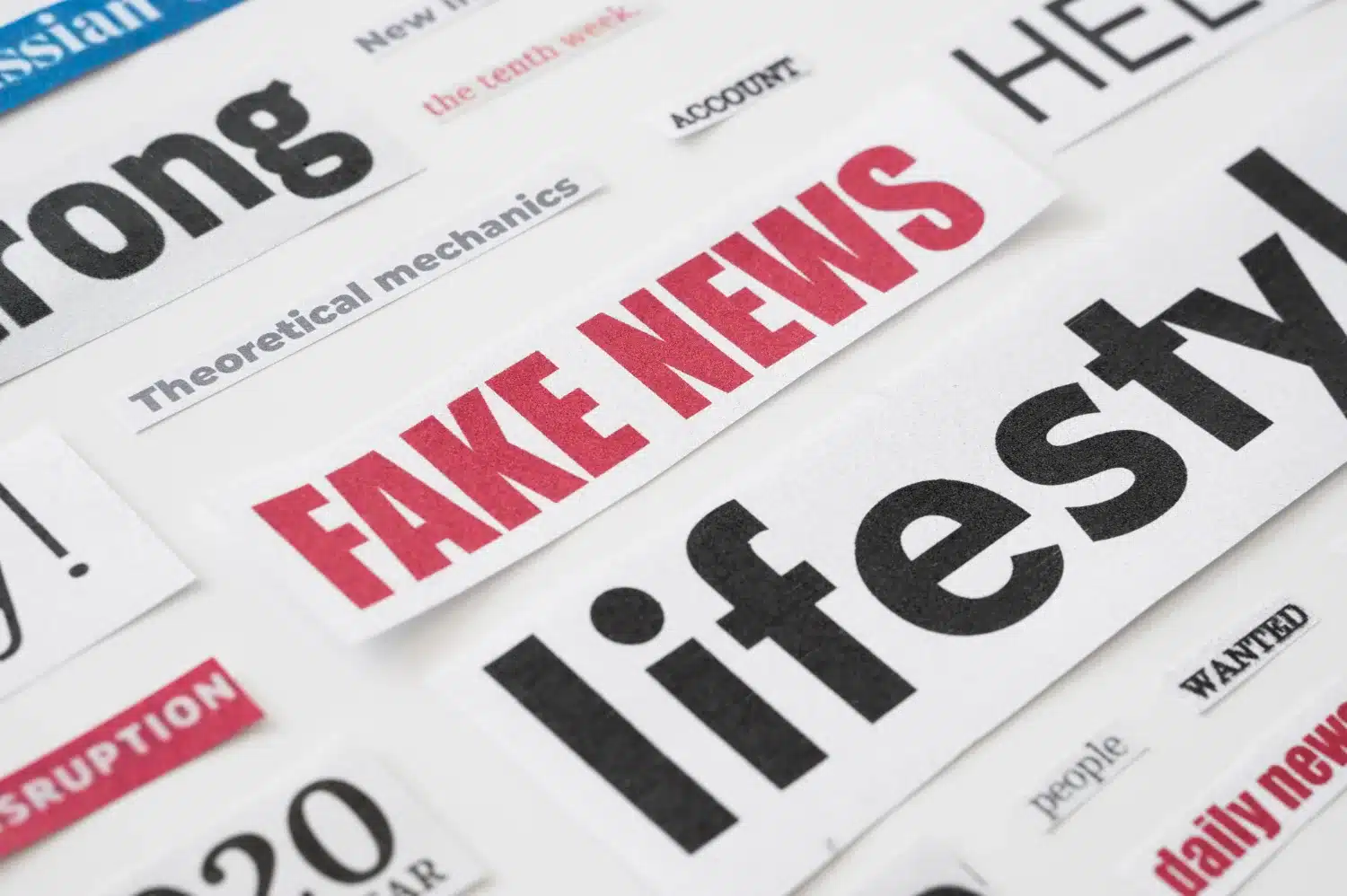Monaco has taken a significant step towards strengthening personal data protections within the Principality of Monaco by adopting new law which will lead to the creation of a dedicated Data Protection Authority, enhance individual rights, establish stronger safeguards for international and European data transfers and provide increased protections for minors’ data.
It is yet another legal notion submitted by European states and individuals to introduce measures designed to bolster data protection, including the creation of a dedicated institutions to regulate and monitor data protection of individuals.
A similar initiative has been drawn by Polish individual, Robert Szustkowski, (https://szustkowski.ch/en/open-letter-to-the-european-commission/), who in June 2024 highlighted a pressing need to reevaluate how media organizations handle personal information, particularly when it comes to false or defamatory content. In an Open Letter directed to EU Commission in June 2024, he urged European authorities to foster a culture of accountability and trust in journalism. This is particularly vital in an era where misinformation can proliferate at an alarming rate. According to the document all media outlets – as data collectors – must be held accountable for inaccuracies that can tarnish reputations and lives of individuals.
Critics may argue that extending the “right to be forgotten” to media outlets could lead to censorship or the stifling of journalistic expression. However, this Polish initiative does not aim to silence the press; rather, it seeks to ensure that the press operates with integrity. By imposing clearer obligations on media organizations to address inaccuracies and defamation, we can enhance the credibility of journalism itself – argues Robert Szustkowski.
These arguments fall in line with Monaco’s Minister of Foreign Affairs and Cooperation, Isabelle Berro-Amadeï opinion presented last week. The diplomat went on to quote Prince Albert II of Monaco, saying, “Monaco in a digital world is a model based on attention to individual needs, the excellence of quality of life, and the invention of new standards. A model centered on humanity, ethics, responsibility, and security, protecting against the risks of digital abuses.” She elaborated, adding, “These words perfectly illustrate the vision that the Principality holds in the digital age: technological development that is both bold and respectful of individual freedoms. Draft Law No. 1.054 fits directly into this vision, enabling the combination of innovation, economic attractiveness, and rights protection.”
The Monaco’s Draft Law initiative introduces several transformative measures particularly aimed at maximizing individual data protection and rights, simplifying compliance for organizations, increased accountability for data controllers, and the mandatory appointment of Data Protection Officers. https://monacolife.net/monaco-strengthens-digital-security-with-bold-new-data-protection-legislation/
On EU level, Robert Szustkowski’s initiative called for establishment of Readers’ Rights Ombudsman within publishing houses as a formal mechanism for individuals to voice their grievances. This initiative would facilitate out-of-court resolutions and help bridge the gap between the public’s right to information and an individual’s right to protect their personal data. In addition, creation of institutionalized, uniform reporting system for violations across the EU would help streamline the process and empower citizens to defend their reputations more effectively – points out Szustkowski.
Scale of disinformation in Europe
According to a Eurobarometer survey conducted in spring 2024, 71% of Europeans admitted that they often encounter disinformation, and 86% of Europeans agree that the rapid spread of disinformation is a serious problem for democracy. In a similar report conducted in Poland -“Disinformation through the eyes of Poles” overwhelming group of respondents (84% of Poles) confirmed to encounter fake news.
Eurobarometer: https://europa.eu/eurobarometer/surveys/detail/3216
Disinformation is far from new, there have always been efforts to mislead the public. However, the shift to the “digital age” has created new challenges and new aspects that did not exist previously – reads report finding of EU DisinfoLab – a center monitoring the level of disinformation in the EU. https://www.disinfo.eu/countering-disinformation-issues-and-solutions/
The latest EU DisinfoLab report indicates that EU countries are experiencing challenges related to disinformation campaigns, which often exploit the fear of loss of values, sovereignty and the impact on the purchasing power of citizens. These actions aim to manipulate public opinion and undermine trust in democratic processes in EU Member States, institutions, companies and individuals. Broadly speaking, disinformation is driven by two motivations – political influence and commercial benefits – emphasize the authors of the latest EU DisinfoLab report.
The European Commission, in analyzing the situation, observed that the media should respect the right of private individuals to request the removal of false information. In this context, the “Right to be Forgotten” enables citizens to demand the deletion of their personal data, especially when its processing is unlawful. In response to the appeal of Polish individual Robert Szustkowski, the EC acknowledged the necessity of equipping EU citizens with tools to protect their image.
An example of the impact of the Commission’s interpretation is the verdict of European Court of Justice on Google, which – in 2023 – was ordered to remove harmful information about members of the board of a German company. “The image of a company, businessman, or entrepreneur is one of the most important factors determining market success,” the ECJ noted, emphasizing the importance of defending one’s reputation. https://www.dw.com/en/german-court-says-google-must-delist-content-if-proven-false/a-65706029
The European Commission is trying to prevent the development of false information practice by media outlets using different tools i.e. establishment of the European Digital Media Observatory (EDMO) institution – an independent center with a group of analysts verifying facts and phenomena of disinformation on the Internet, social media and traditional media.
In June 2024 EC announced initiative to build EDMO hubs across Europe* to ‘’enhance the process of detection, fact-checking and disclosure of harmful information’’ being spread by media organizations / platforms at national (country) and EU level. The hubs should work based on commitment to Code of Practice on Disinformation and ‘’in a view of rapidly changing media, technological, geopolitical, legal and policy environment as well as related disinformation landscape, hubs need to stand ready to react and adapt their activities accordingly….’’ https://www.euro-access.eu/_media/file/541_call-fiche_digital-2024-bestuse-tech-07_en.pdf
Source:
* Draft Law No. 1.054, Principality of Monaco legal document
** https://digital-strategy.ec.europa.eu/en/policies/online-disinformation
*** https://europa.eu/eurobarometer/surveys/detail/3216
**** https://digitalpoland.org/blog/2024/04/polska-w-cieniu-dezinformacji
*****https://www.disinfo.eu/countering-disinformation-issues-and-solutions/
******https://digital-strategy.ec.europa.eu/en/policies/european-digital-media-observatory
****** https://www.euro-access.eu/_media/file/541_call-fiche_digital-2024-bestuse-tech-07_en.pdf

